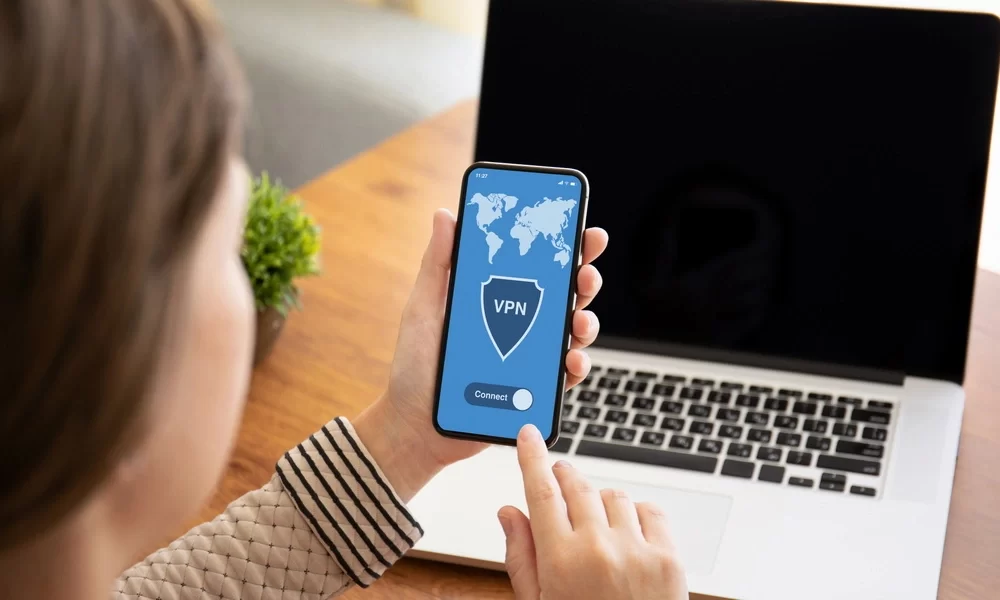The Impact of VPNs on Streaming Speed: Debunking Myths and Ensuring Seamless Entertainment

In an era where streaming services have become the primary source of entertainment, the role of Virtual Private Networks (VPNs) has gained prominence. As users seek to unlock global content and safeguard their online privacy, concerns about VPNs impacting streaming speed have become a common narrative. However, it’s time to dispel the myths surrounding VPNs and streaming speed, understanding that when properly chosen and configured, VPNs can actually enhance the streaming experience rather than hinder it.
Table of Contents
Myth #1: VPNs Inherently Slow Down Streaming
One prevalent misconception is that using a VPN inherently leads to slower streaming speeds. The reality is more nuanced. While it’s true that a VPN introduces an additional layer of encryption and routing, the impact on speed is not universal. The choice of VPN provider, server location, and the user’s internet connection speed all play pivotal roles in determining the actual impact.
Leading VPN providers invest in high-performance servers strategically located around the globe. By selecting a server close to your physical location, you can minimize latency and optimize streaming speed. Additionally, premium VPNs employ advanced technologies and protocols to ensure efficient data encryption without compromising on performance. Just as my personal experience I used a VPN to watch Hotstar in Canada and it was amazing. I watch it without any buffering.
Myth #2: All VPNs Are Equal in Speed
Not all VPNs are created equal, and the speed of your streaming experience depends heavily on the provider you choose. Premium VPN services prioritize investing in high-speed servers, robust infrastructure, and optimized protocols. Conversely, free or low-quality VPNs may lack the resources needed to deliver a seamless streaming experience.
It’s crucial to select a VPN provider with a reputation for prioritizing speed, and one that continually invests in maintaining and upgrading its server infrastructure. Reading reviews, conducting speed tests, and choosing a provider with a history of reliability are key factors in ensuring optimal streaming performance.
Myth #3: VPNs Always Result in Buffering and Lag
Buffering and lag during streaming are often incorrectly attributed solely to the use of a VPN. In truth, these issues can stem from various factors, including the user’s internet speed, the chosen VPN server’s load, and the efficiency of the VPN provider’s infrastructure.
Premium VPNs are designed to minimize buffering and lag by offering a network of high-speed servers equipped to handle data-intensive tasks like streaming. Users can further optimize their experience by choosing servers strategically, considering the geographical location and server load.
Myth #4: VPNs Can’t Handle High-Quality Streaming
Another common misconception is that VPNs are incapable of handling high-quality streaming, especially for services that offer 4K content. In reality, a well-chosen VPN can seamlessly accommodate high-quality streaming when supported by a fast and reliable internet connection.
When aiming for high-quality streaming, users should prioritize VPN providers that offer dedicated streaming servers and prioritize bandwidth for data-intensive tasks. Additionally, selecting a server in proximity to the streaming service’s server can significantly enhance the overall experience.
Myth #5: VPNs Are Only for Privacy, Not Speed
While the primary purpose of a VPN is to ensure online privacy and security, it’s a misconception to assume that these features come at the expense of streaming speed. The right VPN strikes a delicate balance between robust security protocols and optimized performance.
Leading VPNs employ advanced encryption standards that provide strong security without compromising speed. Technologies like WireGuard and OpenVPN UDP are designed to offer secure connections with minimal impact on streaming performance. Users seeking both privacy and speed should opt for VPN providers that prioritize the integration of these technologies.
How to Ensure Optimal Streaming Speed with a VPN
Choose a Reliable VPN Provider: Opt for a reputable VPN provider with a track record of prioritizing speed, investing in a vast network of high-performance servers.
Select the Right Server: Choose a server location that is geographically close to your physical location to minimize latency. Some VPN providers offer specialized servers optimized for streaming.
Use Lightweight Protocols: Opt for lightweight protocols like WireGuard or OpenVPN UDP, which provide secure connections with minimal impact on streaming speed.
Check Server Load: Before connecting to a server, check its load. A less congested server is likely to deliver a faster streaming experience.
Invest in a Fast Internet Connection: A VPN can only optimize what your internet connection allows. Ensure you have a fast and reliable internet service provider for optimal streaming speeds.
In conclusion, the impact of VPNs on streaming speed is often misunderstood, leading to common myths that deter users from experiencing the full benefits of these privacy tools. By debunking these misconceptions and making informed choices about VPN providers and server locations, users can enjoy the dual benefits of enhanced online security and seamless, high-speed streaming. As the streaming landscape continues to evolve, embracing the right VPN technology ensures that entertainment remains both borderless and secure.



